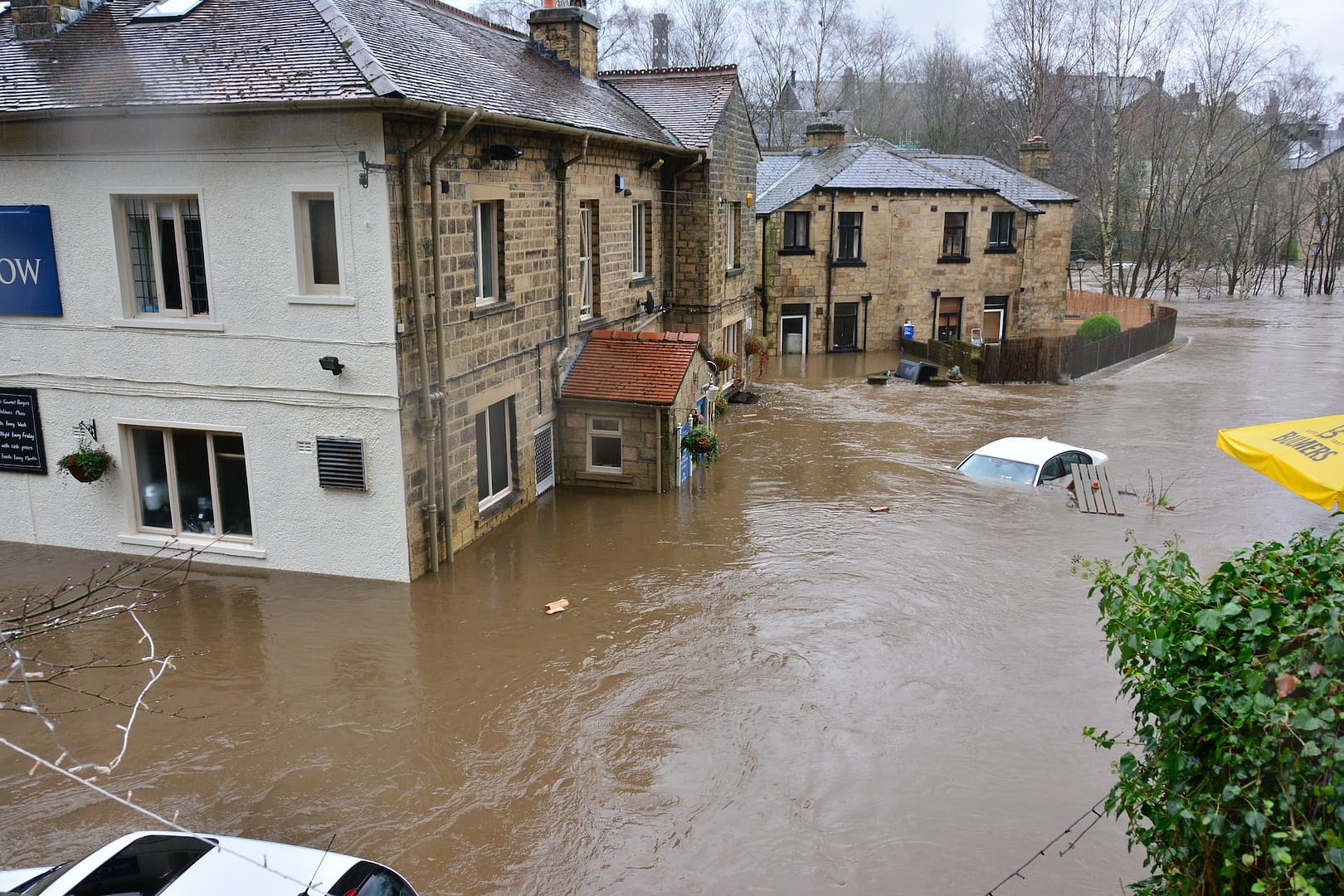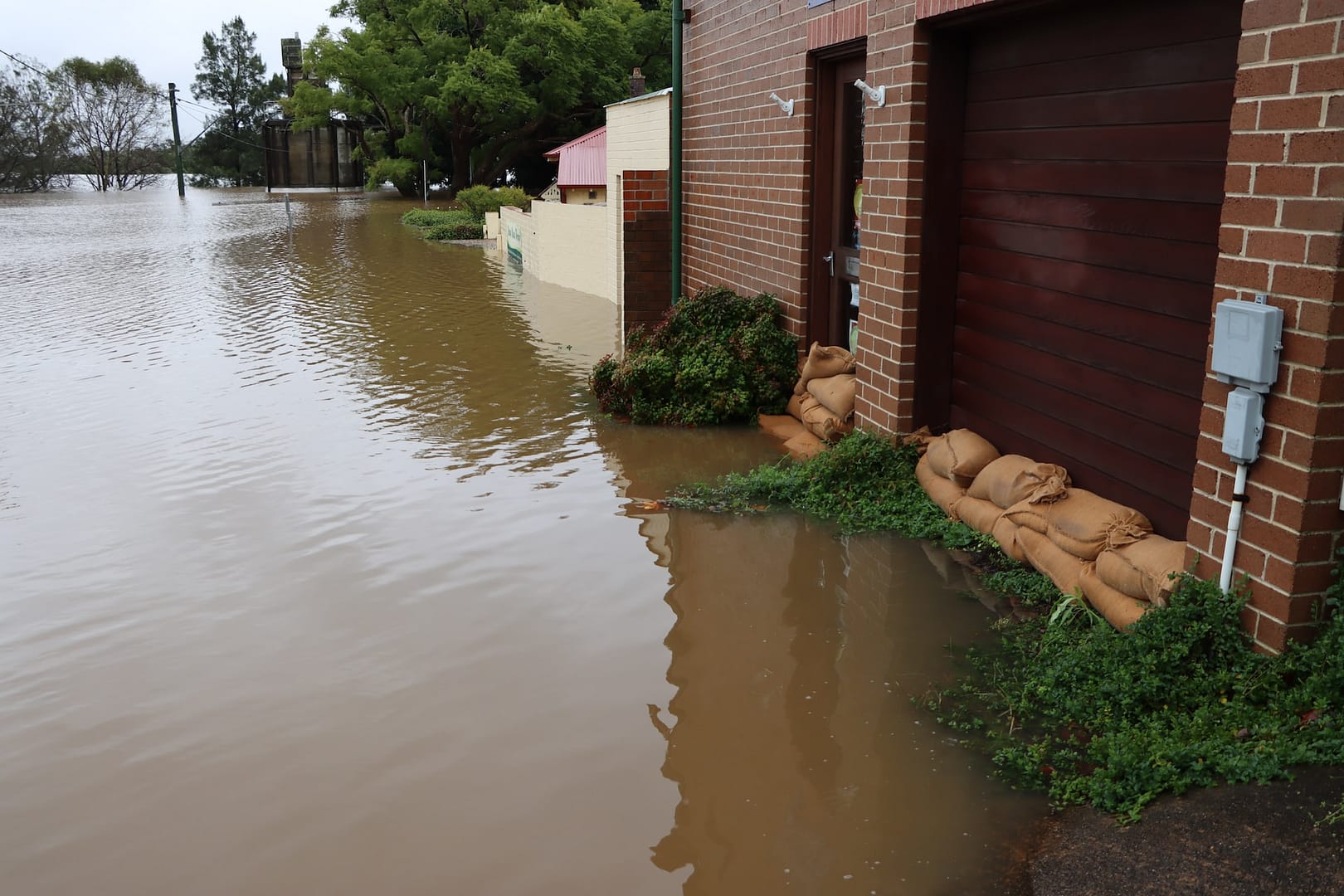Flooding is a natural disaster that can wreak havoc on properties, causing extensive damage and disruption to homeowners and tenants alike. When faced with the aftermath of flooding, those living in rented properties may find themselves wondering if they have any rights and if they can claim compensation for the damages incurred. In this article, we will explore the intricacies of housing disrepair and flooding in the UK, shedding light on tenants’ rights and the potential avenues for seeking compensation for housing disrepair.
The Unpredictable Nature of Flooding
Flooding is a force of nature that can strike unexpectedly, leaving a trail of destruction in its wake. From burst pipes to heavy rainfall and overflowing rivers, there are numerous reasons why a property might succumb to flooding. In many cases, homeowners are quick to act, pursuing insurance claims and implementing repairs to restore their properties to their former glory. However, for tenants, the process may not always be as straightforward.
Can Tenants Claim Compensation for Flooding?
The question that looms large in the minds of tenants facing housing disrepair due to flooding is whether they have the right to claim compensation for the damages suffered. The answer is not a simple one, as it depends on various factors, including the terms of the tenancy agreement and the landlord’s responsibilities.
Understanding the Landlord’s Obligations
In the UK, landlords have a legal duty to ensure that the properties they rent out are safe and habitable. This means that they must maintain the structure of the building, as well as its sanitation, heating, and water supply. However, when it comes to natural disasters like flooding, the waters can get muddied, so to speak.
If the flooding was caused by a sudden and unforeseeable event, such as an intense storm or a burst water main, the responsibility for the repairs may not fall on the landlord. In such cases, the landlord might not be liable for the damages, and tenants may not be able to claim compensation from them.
What to Do When Flooding Strikes
When faced with flooding in a rented property, tenants must act promptly and responsibly to minimize the damage and protect their well-being. Here’s a step-by-step guide on what to do in such a situation:
Ensure Personal Safety
Safety should be the top priority in any emergency situation. If flooding occurs, tenants should take immediate steps to protect themselves and their loved ones. This might involve evacuating the property if necessary or moving to higher ground within the building.
Notify the Landlord or Property Management
As soon as it is safe to do so, tenants must inform their landlord or property management company about the flooding. This allows the landlord to take appropriate action and assess the situation to determine the cause of the flooding.
Document the Damage
Tenants should document the extent of the damage caused by the flooding. This can include taking photographs and videos of the affected areas, as well as making a written record of any belongings that have been damaged or lost.
Prevent Further Damage
While tenants may not be responsible for repairing the property, they do have a duty to prevent further damage from occurring. For example, if there is a leak causing flooding, tenants should try to contain the water or turn off the water supply if possible.
Know Your Rights as a Tenant
Understanding your rights as a tenant is crucial when dealing with housing disrepair and flooding. In the UK, tenants have legal protections that entitle them to certain standards of living. These rights are usually outlined in the tenancy agreement and are supported by various laws.
Tenant’s Rights for Flooding in the UK
The UK has specific laws and regulations in place to protect tenants’ rights, especially in cases of housing disrepair and flooding. Some key rights include:
Right to Live in a Habitable Property
Tenants have the right to live in a property that meets certain standards of habitability. This means that the property should be safe, structurally sound, and free from hazards that could pose a risk to health and well-being. Flooding can compromise these conditions, making the property temporarily uninhabitable until repairs are carried out.
Right to Repairs
When a rented property is affected by flooding, tenants have the right to request repairs from their landlord. The landlord is responsible for fixing the damage caused by the flooding, including structural repairs, fixing broken utilities, and ensuring the property is safe to live in once again.
Right to Temporary Accommodation
In some cases, flooding can render a property completely uninhabitable, requiring extensive repairs that may take weeks or even months. In such situations, tenants have the right to request temporary accommodation from their landlord until the repairs are completed.
Making a Housing Disrepair Claim
When faced with flooding and housing disrepair in a rented property, tenants may wonder if they have any recourse to claim compensation for the damages they have suffered. While the process may not always be straightforward, there are steps that tenants can take to assert their rights and seek redress. Here’s a guide on how to make a housing disrepair claim in the context of flooding:
Gather Evidence
To support your claim, it’s crucial to gather as much evidence as possible. Document the extent of the flooding and disrepair with photographs, videos, and written descriptions. Keep records of any communication with the landlord regarding the issue and note down the dates and times of these interactions.
Check Your Tenancy Agreement
Review your tenancy agreement to understand the responsibilities of both parties in the event of housing disrepair. Some agreements may include specific clauses related to flooding and its consequences. Knowing your rights as outlined in the agreement will strengthen your position when making a claim.
Notify Your Landlord in Writing
Formally notify your landlord about the flooding and housing disrepair in writing. Be clear about the issues you are facing, the damages incurred, and the repairs needed. Keep a copy of the written notice for your records and send it through a method that provides proof of delivery, such as email or registered mail.
Allow Reasonable Time for Repairs
After notifying your landlord, they should be given a reasonable amount of time to respond and carry out the necessary repairs. The timeframe may vary depending on the severity of the damages and the availability of contractors and repair services.
Contact Local Authorities
If your landlord fails to respond or address the issue adequately, you can consider contacting your local housing authority or environmental health department. They may be able to inspect the property, assess the damages, and issue an order for the landlord to make the necessary repairs.
Seek Legal Guidance
If the situation remains unresolved despite your best efforts, it may be time to seek legal guidance. Consult with us at National Claims to understand your options, the claims process and determine the best course of action.

Conclusion
Facing housing disrepair and flooding in a rented property can be a challenging and overwhelming experience for tenants. However, it is essential to remember that tenants in the UK have rights and protections under the law. When confronted with such a situation, it’s crucial to act promptly, communicate effectively with the landlord, and seek the necessary assistance to ensure that your living conditions are restored to a safe and habitable state.
While claiming compensation for flooding may not always be straightforward, understanding your rights and responsibilities as a tenant will empower you to take the appropriate steps and make informed decisions. By working collaboratively with National Claims, and seeking legal guidance, you can navigate the complexities of housing disrepair and flooding, ultimately achieving a resolution that upholds your rights as a tenant. Remember, your home is not just a place of residence; it’s your sanctuary, and you have every right to live in a safe and comfortable environment.
Contact us today to start your claim and to learn more about us at National Claims and how we deal with housing disrepair claims
Click below to see why we are one of the most trusted claims management companies in the UK.

We’re proud of our excellent customer reviews
We thrive on delivering exceptional service and ensuring our clients’ satisfaction. Don’t just take our word for it. Check out some of our independent reviews to see what our clients have to say.
Excellent

This firm is excellent, they sorted out my car pay out and injury claim very fast, they always communicate with you all the time.

My accident case was dealt with confidence and with great result of the outcome, especially James kept me informed all the time.

I was very impressed at the way my inquiry was treated. I was listened to attentively and everything I needed to know was explained to me.






